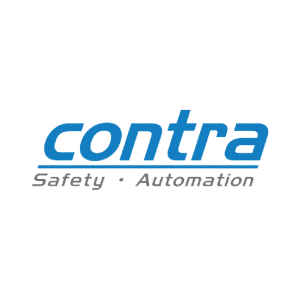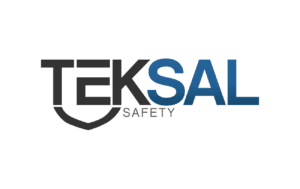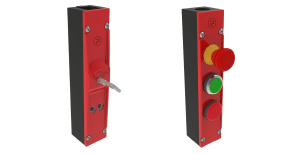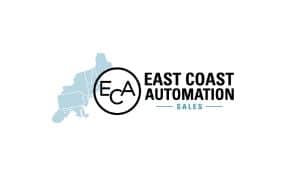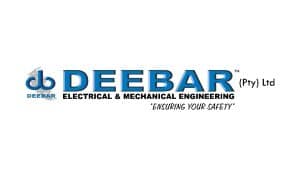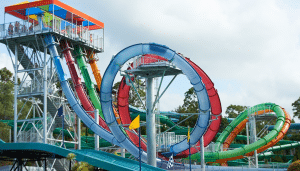Nachrichten und Einblicke
Lesen Sie die neuesten Artikel, Nachrichten und Unternehmens-Updates von Fortress. Entdecken Sie unsere Einblicke in Branchentrends, Produkt und bevorstehende Veranstaltungen, damit Sie auf dem Laufenden bleiben.
Wir sind stolz darauf, in führenden Branchenpublikationen erwähnt zu werden - Sehen Sie hier, wo wir veröffentlicht wurden.
//
Ausgewählt
Webinar Recap: Interlocking in Machinery Safety
Missed our recent webinar on “Interlocking in Machinery Safety”? The
- Veranstaltung
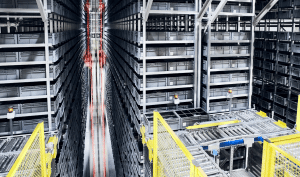
Webinar-Zusammenfassung: Verbesserung der Sicherheit in automatisierten Lager- und Bereitstellungssystemen (ASRS)
- Artikel
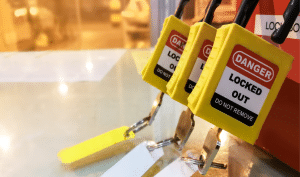
Kontrolle von gefährlicher Energie: Wichtige Aktualisierungen in der überarbeiteten Norm ANSI Z244.1
- Artikel
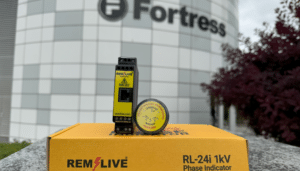
Mehr Sicherheit am Arbeitsplatz - Die ersten sechs Monate von Remlive mit Fortress Safety
- Artikel

Eine Übersicht über die im Jahr 2024 veröffentlichten Maschinensicherheitsnormen
- Artikel

Fortress Sicherheit auf der SPS 2024: Ein Überblick über die wichtigsten Highlights und Innovationen
- Nachrichten
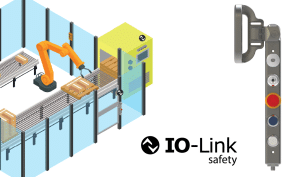
Fortress Safety erweitert tGard Fähigkeiten mit IO-Link Safety-Kompatibilität
Beginnen Sie mit Ihrer individuellen Lösung
Unser Vertriebsteam hilft Ihnen gerne dabei, die perfekte Verriegeln für Ihre Branche zu finden. Mit unserem Produkt können Sie ein kurzes Formular ausfüllen, in dem Sie Ihre spezifischen Anforderungen beschreiben, um eine individuelle Artikelnummer für die Konfiguration zu erhalten.
